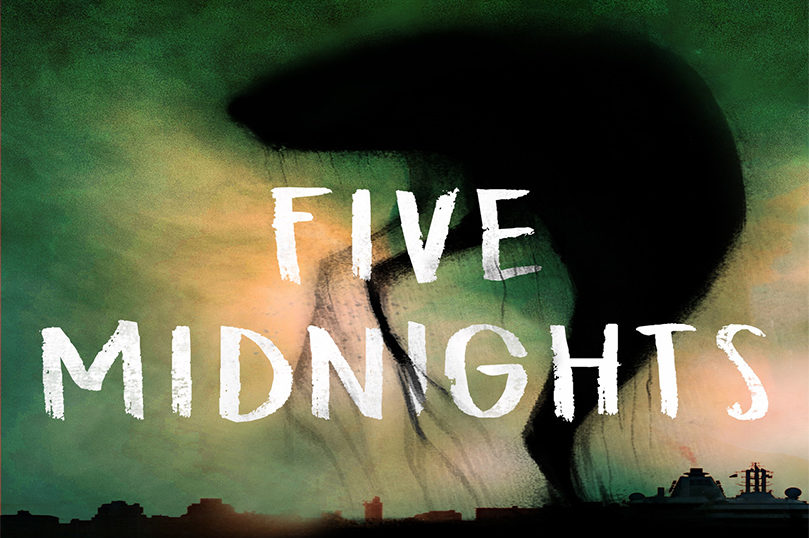
Excerpt: Five Midnights by Ann Dávila Cardinal
Read an excerpt of Anna Dávila Cardinal’s debut horror novel, Five Midnights!

Read an excerpt of Anna Dávila Cardinal’s debut horror novel, Five Midnights!
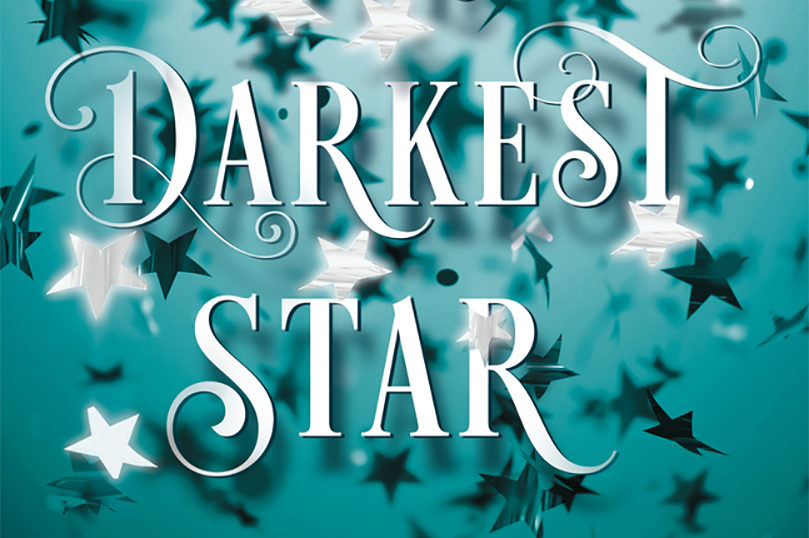
In the world of the Lux, secrets thrive, lies shatter, and love is undeniable. The Darkest Star will be available on October 30th.

The only thing worse than being locked in is facing what you locked out. Rett Ward knows how to hide. He’s had six years of practice at Walling Home, the state-run boarding school where he learned how to keep his head down to survive. But when Rett wakes up locked in a small depot with…
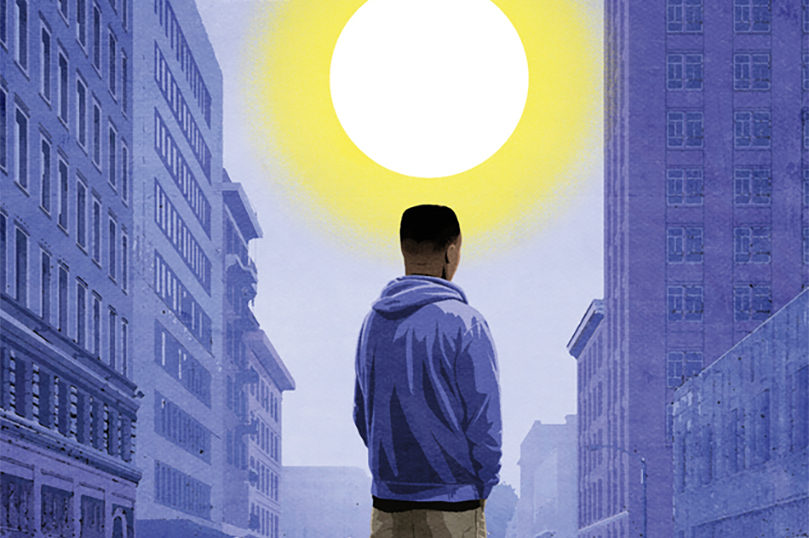
Read the first two chapters of Anger Is a Gift, available on May 22nd.
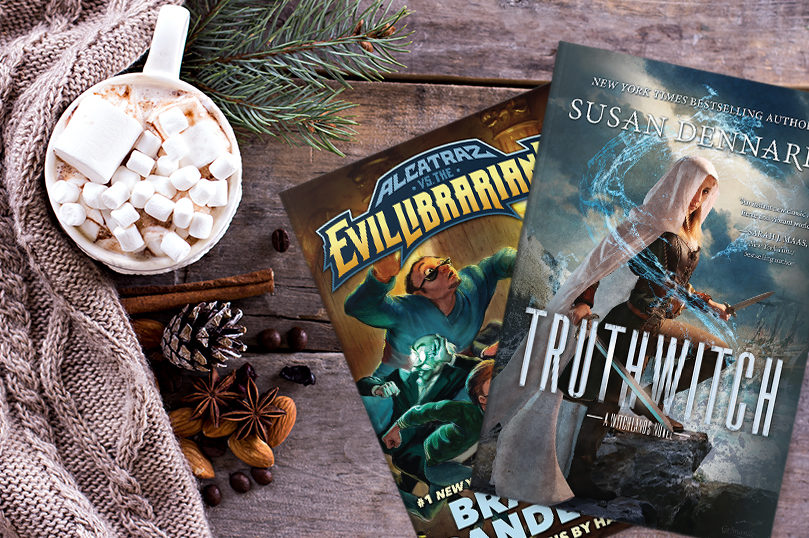
Welcome to the procrastinator’s club! If you’re one of those lucky or organized people who’ve already finished your shopping, that’s okay too–buy yourself a present as a reward for a job well done. The rest of us have no clue how you do it, because we’ve barely started. Luckily, we know the best last minute…

Make room on your virtual shelves, because we’re giving you the chance to download Truthwitch for free!
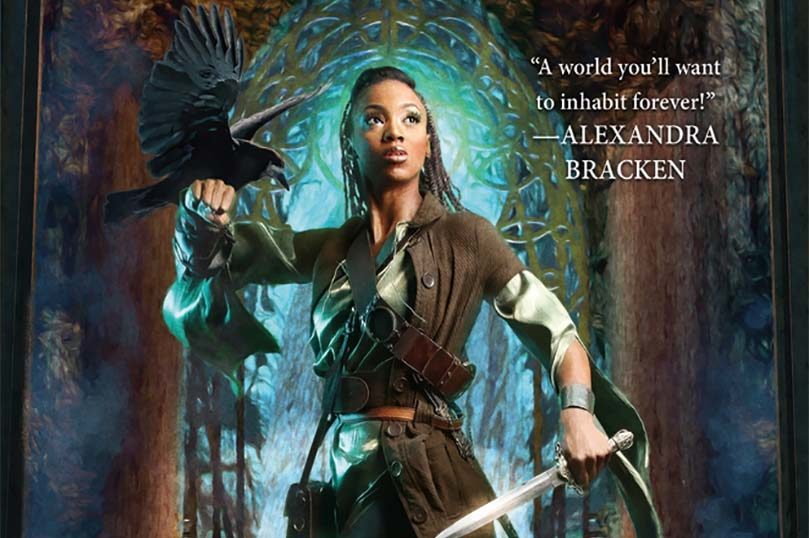
Sightwitch—available February 13—is an illustrated novella set in the Witchlands and told through Ryber’s journal entries and sketches. Please enjoy this excerpt.

Our Fantasy Firsts program continues today with an ebook sale! Seriously Wicked by Tina Connolly, the story of a reluctant teenage witch, is now only $2.99. This offer will only last for a limited time, so order your copy today!

The Dark Intercept—available October 31st—is the beginning of a “riveting” (Emmy Laybourne) science fiction adventure that challenges the voluntary surrender of liberties for the perception of safety.
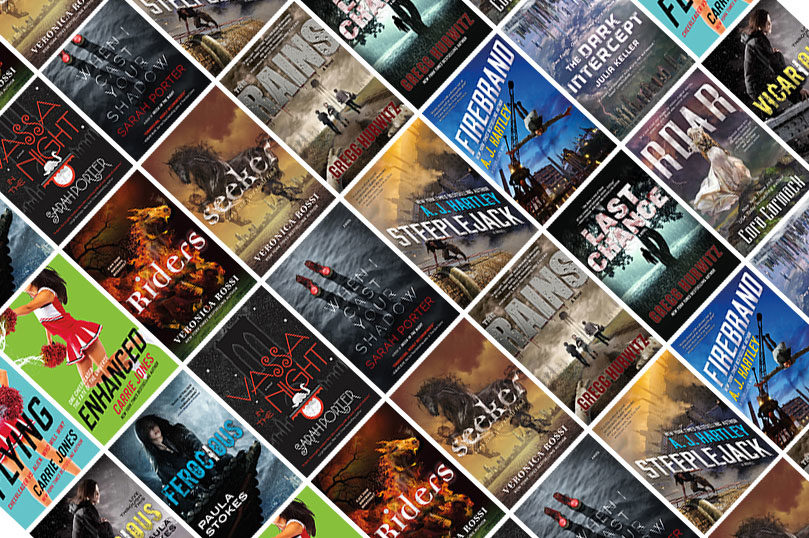
It’s nearly time to head back to school, but hopefully there’s still a bit of time—time to get a last beach trip in, a last dip in the pool, or a last lazy afternoon with a book and a frosty lemonade. Whatever your ideal last days of summer consist of, we want to give you a pile of books to keep you company and to last you well into the new school year.